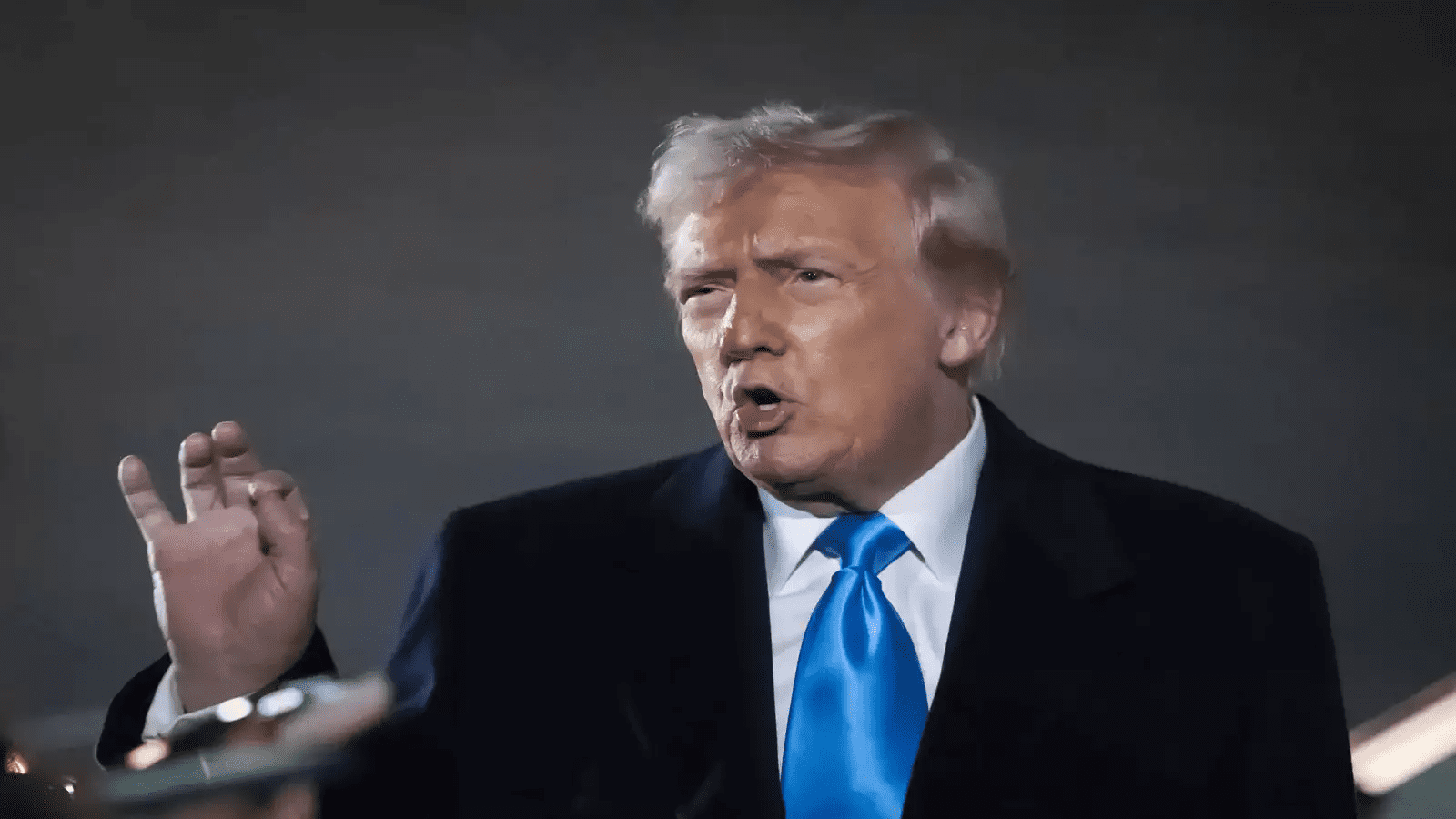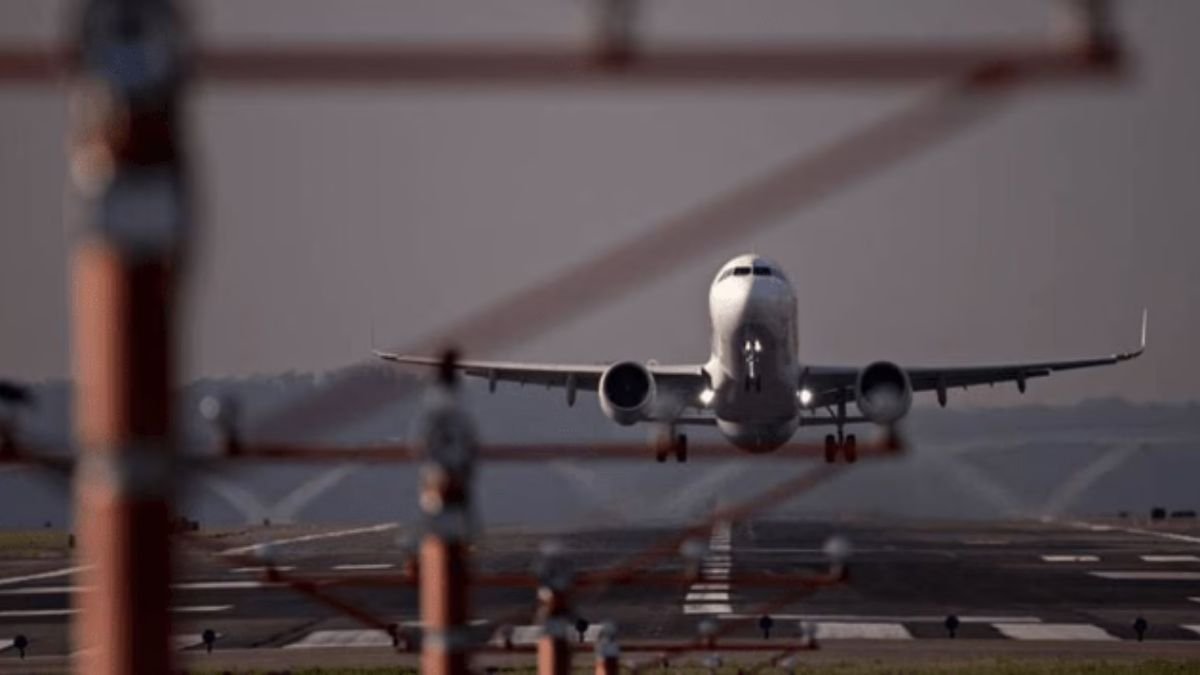Alien Enemies Act: Supreme Court Backs Trump Administration’s Deportation Powers

Key Highlights:
Washington D.C., April 9, 2025 – In a major legal victory for the Trump administration, the U.S. Supreme Court has vacated a lower court’s ruling that blocked the government from utilizing the Alien Enemies Act (AEA) to deport foreign nationals suspected of gang affiliations, particularly Venezuelans. The decision now allows the administration to resume removals under this wartime authority, a move that has stirred strong political and humanitarian debates across the country.
Karoline Leavitt Issues Warning to Gang Members
White House Press Secretary Karoline Leavitt wasted no time in delivering a sharp message following the ruling. Speaking at a press briefing, Leavitt said:
“Last night, the Supreme Court delivered a massive legal victory to the Trump administration and allowed us to continue removing foreign terrorist invaders under the Alien Enemies Act. This was a smackdown to a rogue, left-wing, low-level district court judge.”
The statement served as a stern warning to violent groups like Tren-de-Aragua and MS-13, both accused of establishing gang networks within U.S. borders. Leavitt added emphatically, “To foreign terrorists still in the country—deport yourself now or you’ll be locked up.”
Supreme Court Ruling: What It Means
According to The Hill, the case before the Supreme Court did not focus on whether the AEA was appropriately applied to gang-affiliated individuals. Instead, the ruling addressed the jurisdiction of legal challenges filed by deportees. The court concluded that Venezuelans and others detained under the AEA must file their challenges in Texas, the location of their detention.
Additionally, the ruling affirms that individuals facing removal must be granted proper notice and provided an opportunity to seek habeas relief before deportation, ensuring that due process is not compromised.
Background: What is the Alien Enemies Act?
The Alien Enemies Act is a centuries-old statute first enacted in 1798. It grants the President the power to detain or deport nationals of a country with which the U.S. is in conflict during times of war or national emergency. Though seldom used in recent history, the Trump administration has invoked it in the context of national security threats and transnational crime.
Humanitarian Concerns and Legal Ramifications
Critics argue that using the AEA to deport individuals based on alleged gang ties, especially without trial, may undermine civil liberties and due process. Human rights organizations have warned of potential abuse and misuse of such sweeping authority.
However, administration officials argue the urgency and growing threat of organized crime infiltrating U.S. cities justify these actions.
Trump Approves Emergency Aid for Storm-Hit States
In the same briefing, Leavitt addressed the ongoing storm damage across several U.S. states. She confirmed that President Donald Trump had approved emergency declarations for Arkansas, Kentucky, and Tennessee, providing federal assistance for communities devastated by severe storms and flooding.
“The President’s thoughts also remain with the families and communities experiencing devastating loss,” said Leavitt, extending condolences and promising rapid federal support.
FAQs: Alien Enemies Act Deportation Ruling
Q1. What is the Alien Enemies Act (AEA)?
The AEA is a federal law allowing the U.S. government to detain or deport foreign nationals during times of war or conflict, originally passed in 1798.
Q2. What did the Supreme Court rule?
The Supreme Court ruled that deportees must challenge their removal under the AEA in Texas, where they are detained. The court also ensured the right to proper legal notice.
Q3. Who is affected by this ruling?
The ruling primarily affects Venezuelan nationals and other foreign individuals detained under the AEA with suspected gang affiliations like MS-13 and Tren-de-Aragua.
Q4. What did Karoline Leavitt say?
She called the decision a “massive legal victory” for the Trump administration and warned gang members to leave the U.S. or face incarceration.
Q5. Is this part of broader immigration enforcement?
Yes. The Trump administration has intensified its focus on national security and immigration, using wartime laws like the AEA to remove suspected threats.
The Hindustan Herald Is Your Source For The Latest In Business, Entertainment, Lifestyle, Breaking News, And Other News. Please Follow Us On Facebook, Instagram, Twitter, And LinkedIn To Receive Instantaneous Updates. Also Don’t Forget To Subscribe Our Telegram Channel @hindustanherald








